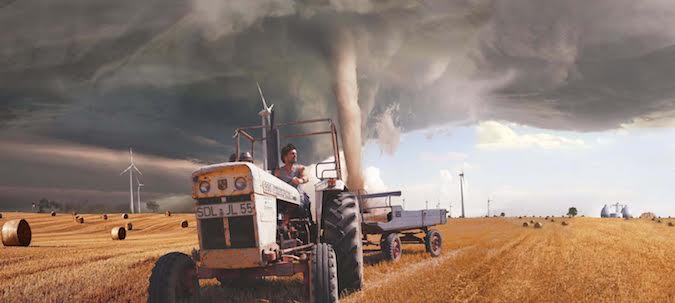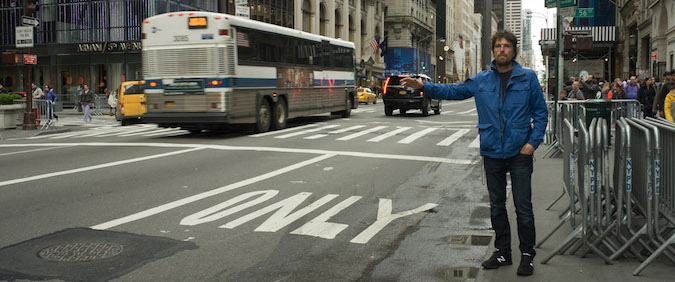
Having a different view on a particular subject can sometimes be difficult. For example, if all the reviews for a specific movie are positive, do you dare to have a different opinion, and if so, are you looking forward to the reactions you will get on it? Now, movie reviews obviously are not world-changing, but this concept of a large consensus also applies in professional environments. There are plenty stories to be found in history of this, for example in the field of health care, in which major breakthroughs weren’t looked at seriously by anyone, simply because they deviated from the general opinion. For example, Ignaz Semmelweis suggested, in response to more women dying in one of two clinics he worked at, that doctors needed wash their hands because in one of them doctors went straight from the morgue to child delivery without cleaning up. It’s something which now may seem obvious, but it took him a lot of effort to convince others. Everyone was so stuck in a way of thinking that they were no longer open to another idea.

Documentary maker Marijn Poels decided to take a sabbatical. While visiting his parents in law, who live in a rural area, he realized that the farm industry has changed a lot the last couple of years. Not only because of globalisation, but also because of climate policies. Because of many rules and strong subsidies on producing specific produce farms had to adapt in order to survive. But with that, don’t we lose a whole lot of things and is the climate really such a big issue? With The Uncertainty Has Settled he decides to search for answers.
The danger with these type of documentaries of course is that they are often presented in a “I have found the shocking truth” kind of way, but Poels takes time to learn more about this topic. He begins by interviewing local farmers, but quickly spreads his wings and travels to New York and London to visit experts in the field of climate change. Even though the scientific community largely agrees that we as humans are responsible for the rise in temperature, he speaks with others who are convinced that this isn’t true. As as Poels talks to more people he starts to doubt the general view a bit. The arguments he hears regularly sound convincing and as a viewer you start to think if we need to think differently. Because if we as people are not responsible for global warming, aren’t we wasting a lot of money that could be better spent on other things?


![]()

there are plenty of us who have studied global warming and have gone back to the Club of Rome edict. This film makes avaluable contribution to thee arguments as it shows just how pereverse 2concensus” thinking can be. I hope it has avery large audience.